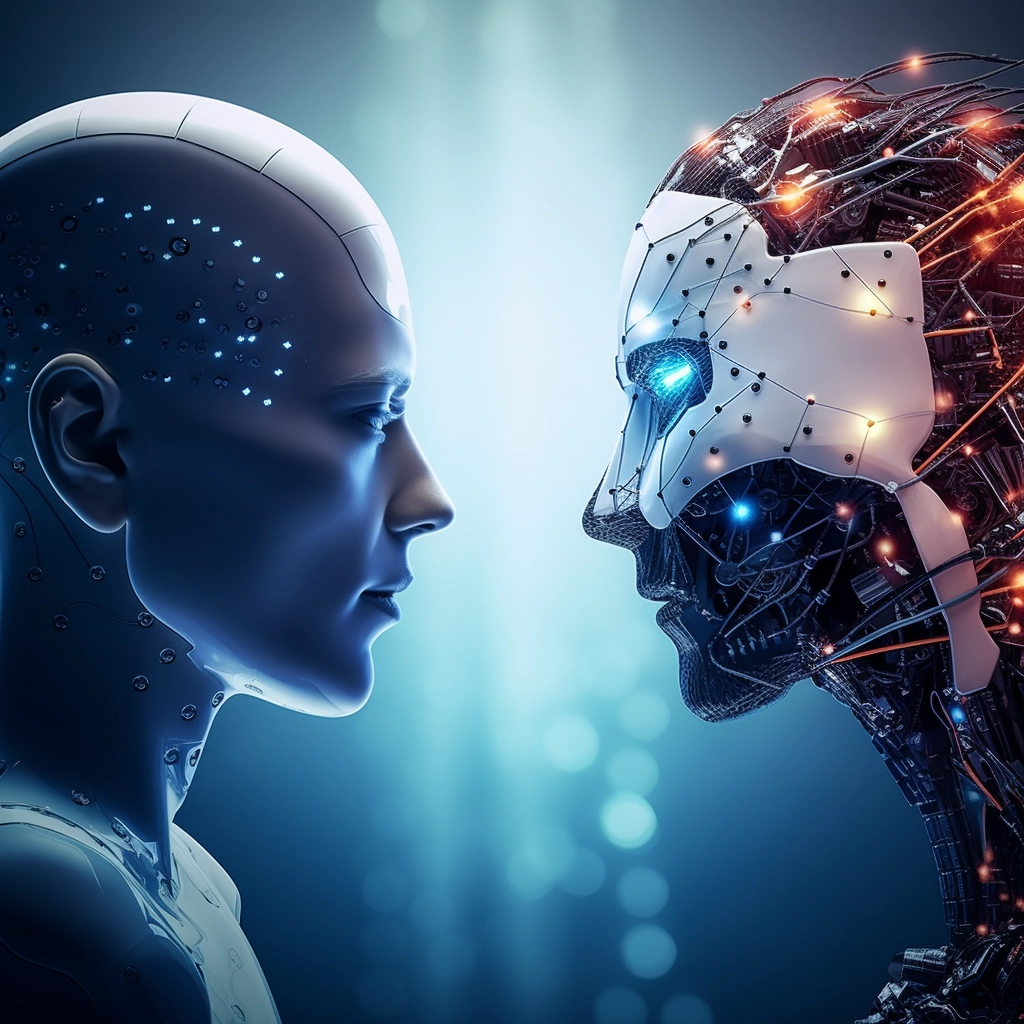As the field of artificial intelligence continues to evolve, the competition between technology giants Google and OpenAI intensifies. In a recent setback for Google, their highly anticipated competitor to OpenAI's ChatGPT, known as Gemini AI, has been delayed until early 2024. This delay comes as OpenAI makes significant advancements in conversational AI software, leaving Google striving to catch up. In this article, we will explore the reasons behind Google's delay, its impact on the AI arms race, and the potential implications for the future of generative AI.
Google's Missed Opportunity
Despite having Google Brain and Google DeepMind, renowned AI research divisions, working on artificial intelligence for over a decade, Google has seemingly missed the hype cycle around conversational AI software in 2023. While Gemini was originally planned to launch this year with image and voice recognition capabilities, sources indicate that it will now debut in 2024. This delay leaves Google lagging behind OpenAI's GPT-4 and Anthropic's Claude 2, which have already made significant advancements in conversational AI.
Gemini vs. ChatGPT
Google released Bard earlier this year, a chatbot similar to ChatGPT but with notable limitations. However, Google's CEO of DeepMind, Demis Hassabis, claims that Gemini will be Google's true competitor to ChatGPT. Hassabis highlights that Gemini will leverage reinforcement learning and tree search methods to enhance its capabilities and outperform ChatGPT. Despite these claims, the delay in launching Gemini presents a challenge for Google to prove its competitiveness in the rapidly evolving AI landscape.
Internal Challenges at Google
Google's struggle to retain its dominance in AI is exacerbated by the departure of key figures in the field. Geoffrey Hinton, often referred to as the "Godfather of AI," left Google in May, citing the need for regulation. Additionally, a group of executives resigned in 2018 over ethical concerns surrounding Google's involvement in a military program. These departures have impacted Google's ability to maintain its all-star AI team and hindered its progress in developing a competitive chatbot.
The Search Engine vs. Generative AI
One of the underlying challenges for Google is the potential disruption generative AI may pose to its core business of search engines. While Google has integrated conversational AI into its search engine, recognizing its necessity, ChatGPT offers more concise and personalized answers from the internet, surpassing the capabilities of traditional search engines. This raises questions about Google's strategic approach to integrating ads into Gemini's responses and adapting to the evolving AI landscape.
Closing Thoughts
Google's delay in launching Gemini AI indicates the increasing difficulty it faces in catching up with OpenAI's ChatGPT. As OpenAI continues to make strides in conversational AI, Google must overcome internal challenges and deliver a chatbot that can compete with and surpass existing offerings. The future of generative AI holds immense potential, and Google's ability to stay relevant in this rapidly evolving field will determine its success in the AI arms race.
